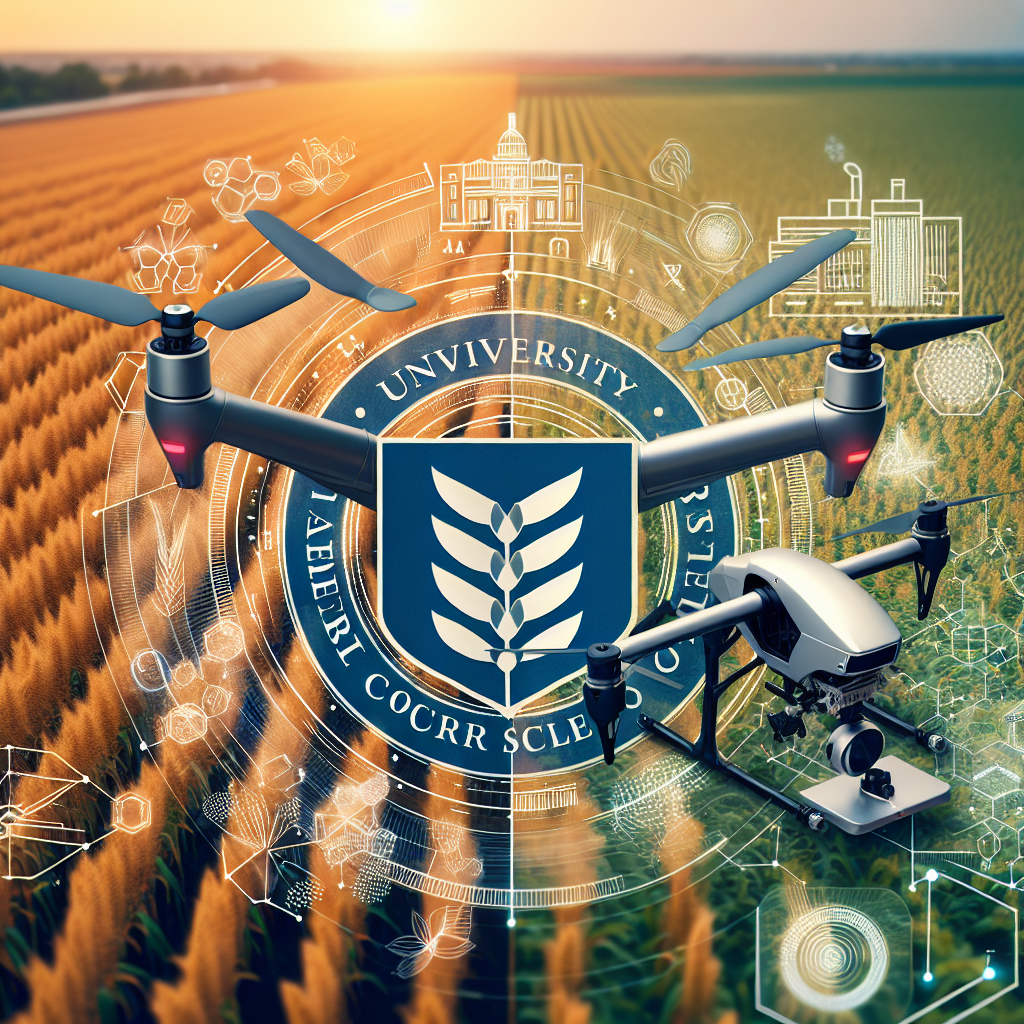Revolutionizing Agriculture with Unmanned Aerial Systems
The future of agriculture is airborne, and two leading Florida institutions are propelling this transformation. Embry-Riddle Aeronautical University and the College of Central Florida have joined forces to bring cutting-edge innovation to the world of agricultural technology. This collaboration is centered around the integration of unmanned aerial systems (UAS), artificial intelligence (AI), and advanced sensor technologies—all tested and implemented at the state-of-the-art Vintage Farm Campus in Ocala, Florida.
Strategic Partnership for Agricultural Innovation
This dynamic alliance seeks to merge the aviation and UAS expertise of Embry-Riddle with the agricultural prowess of the College of Central Florida. By leveraging their respective strengths, the institutions aim to develop UAS platforms that are tailor-made for precision agriculture. These platforms utilize AI-powered analytics and multi-spectral sensing to give farmers a data-rich view of their crops, improving resource management, crop yields, and sustainability.
Key Areas of Innovation
The partnership focuses on several pivotal advancements in agricultural technology, including:
- AI-Enhanced Crop Monitoring: UAS platforms equipped with AI algorithms assess plant health, moisture levels, and pest infestations from the sky in real-time.
- Sensor Integration: Drones use thermal, multi-spectral, and hyperspectral cameras to gather detailed imagery and data.
- Precision Application: Targeted application of fertilizers and pesticides based on data insights, reducing waste and environmental impact.
Hands-On Learning at Vintage Farm Campus
The Vintage Farm Campus, already recognized for its agricultural programs, becomes a real-world testing ground for these technological innovations. Students, researchers, and industry professionals have the opportunity to work with live field data, test UAS flight patterns, and analyze AI-generated crop health metrics.
This campus becomes more than just an educational site—it transforms into a living laboratory where the future of agriculture is shaped through experiential learning and collaborative development.
Empowering the Next Generation Workforce
By integrating UAS and AI into the agricultural curriculum, this initiative also addresses the workforce challenges facing modern farming. The aim is to produce graduates who are proficient not only in agriculture but also in data science, drone operations, and machine learning. This multi-disciplinary expertise sets them apart in a competitive job market and equips them to lead innovation in food production systems.
Career Development and Economic Impact
Programs developed from this partnership are designed to align with regional economic needs, positioning Florida as a national leader in agricultural technology. With support from organizations like the USDA and regional agribusinesses, the initiative is expected to stimulate job growth and foster tech start-ups focused on UAS applications in farming.
A National Model for Agriculture-UAS Integration
The Embry-Riddle and College of Central Florida collaboration positions Florida at the forefront of agricultural innovation. Their joint approach serves as a model for other states aiming to enhance food security and sustainability using technology. Moreover, this initiative demonstrates how academic partnerships can drive both educational excellence and economic development.
Looking Ahead
This groundbreaking venture is only the beginning. Future plans include exploring autonomous UAS swarms for coordinated field mapping, expanding AI models with machine learning for predictive analytics, and partnering with global agricultural technology firms to scale these innovations.
Conclusion
As the agriculture industry faces increasing pressure to feed a growing global population while minimizing environmental impact, partnerships like this one between Embry-Riddle and the College of Central Florida become essential. By unlocking the power of unmanned aerial systems and AI, they are rewriting the rules of farming—making it smarter, more efficient, and far more sustainable.
The sky is no longer the limit when it comes to farming—it’s the new frontier.



Leave a Reply